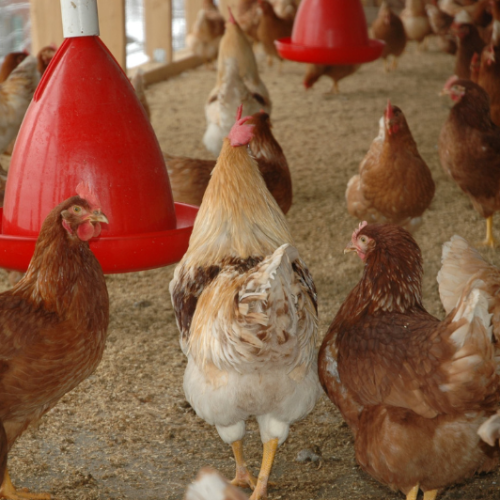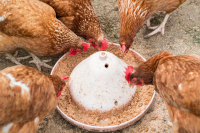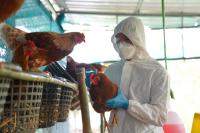
"Why are eggs so expensive?"
A variant of the H5N1 strain of avian influenza — commonly known as bird flu — has proven pesky in recent months, wiping out entire farms of poultry and posing noteworthy risk to humans in the process.
And yes, these difficulties have resulted in higher egg prices due to scarcity, but it's that latter piece -- the health danger for humans -- that bears more monitoring, understanding, and education.
“It will be difficult to contain,” Dr. Sarah R. Michaels said. “Recent screenings and the national milk testing program have shown that bird flu has spilled over from wild birds to cattle more than once. And this report of infections in three veterinarians highlights the importance of rapidly identifying infected dairy cattle, continued testing of bulk milk, and monitoring human infections among those at increased risk.”
Complicating the ability to track infections are multiple strains of the virus making the rounds, and even worse, a lack of vaccinations among people against human influenza, putting further strain on public health officials.
Michaels, a medical entomologist at Tulane's Celia Scott Weatherhead School of Public Health and Tropical Medicine, recommends people continue to receive annual flu shots to keep those infections -- rising in recent months -- in better check.
“It is not entirely clear what is driving this increase, but fewer kids are getting vaccinated against the flu than before Covid‐19,” Michaels says.



